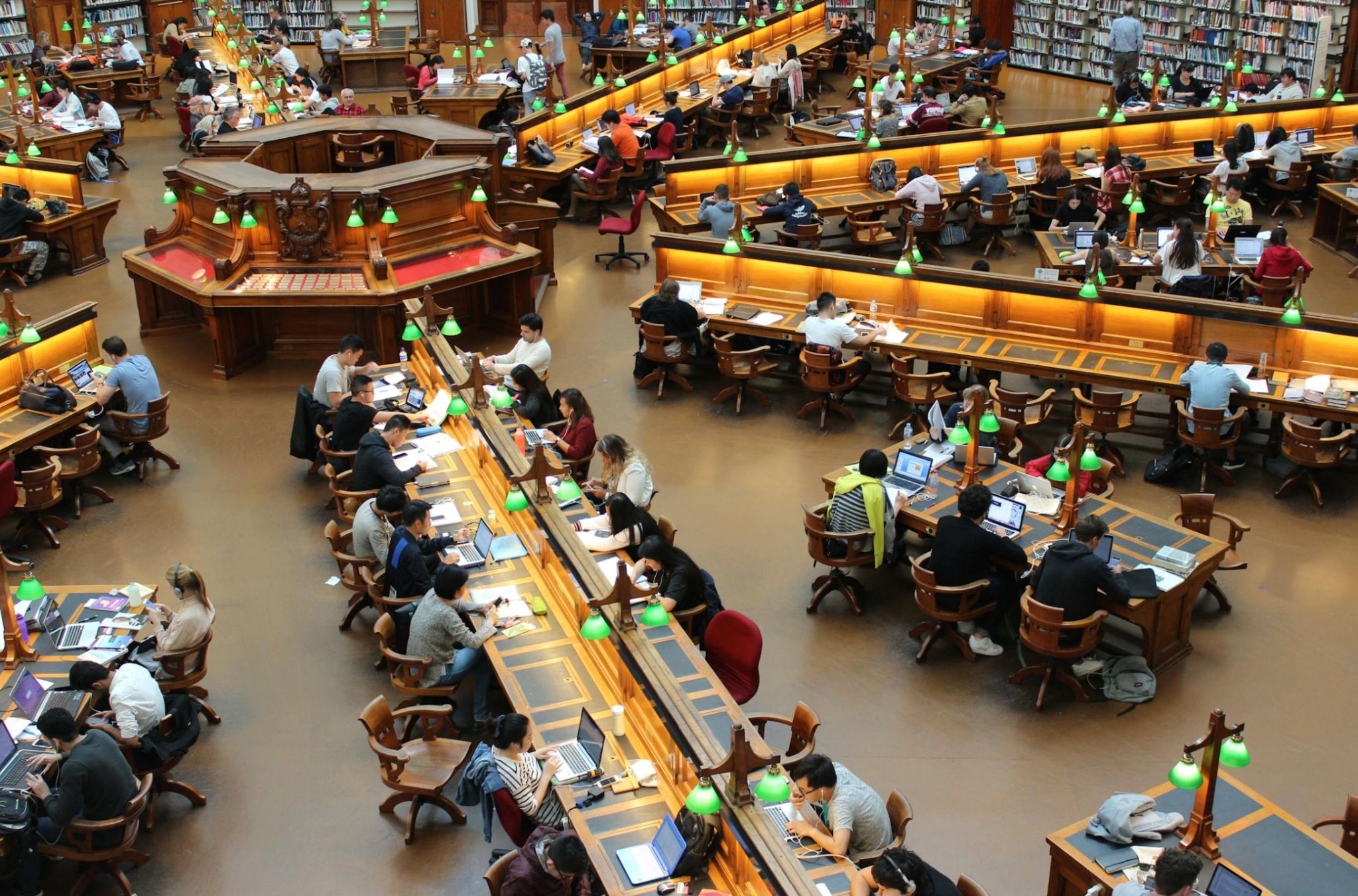Türkiye’de Uluslararası Öğrencilerin Eğitim ve Yaşam Deneyimleri
Türkiye son on yılda uluslararası öğrenci sayısındaki dikkat çekici artışla bütün dünyada en çok tercih edilen ilk on destinasyon arasına girmiştir. Bu gelişme, Türkiye’nin yükseköğretimde uluslararasılaşma hedefleri açısından önemli bir eşiğe işaret etmektedir. Bu hızlı niceliksel büyüme, uluslararası öğrencilerin eğitim ve yaşam deneyimlerinde nasıl bir karşılık bulmaktadır? Türkiye’nin küresel bir eğitim merkezi olma vizyonu; barınma koşulları, ayrımcılık algıları ve bürokratik süreçler gibi öğrenci deneyimini doğrudan etkileyen unsurlarla nasıl şekillenmektedir?Türkiye’de Uluslararası Öğrencilerin Eğitim ve Yaşam Deneyimleri başlıklı bu rapor, Türkiye’de öğrenim gören uluslararası öğrencilerin eğitimden gündelik yaşama uzanan deneyimlerini kapsamlı bir çerçevede ele almaktadır. 2024–2025 akademik yılında 551 uluslararası öğrenciden elde edilen verilerle hazırlanan çalışma; Türkiye’yi tercih etme gerekçelerinden akademik uyum ve üniversiteye yönelik değerlendirmelere, sosyoekonomik koşullardan gelecek planlarına kadar uzanan çok boyutlu bir tablo sunmaktadır. Rapor, uluslararası öğrenciliğe ilişkin tartışmaları öğrenci deneyimleri üzerinden veri temelli bir bakışla değerlendirmeyi; üniversitelerden politika yapıcılara uzanan geniş bir paydaş kitlesi için daha kapsayıcı, sürdürülebilir ve nitelikli bir yükseköğretim anlayışına katkı sunmayı amaçlamaktadır.YÖNETİCİ ÖZETİNİ OKUMAK İÇİN TIKLAYIN




